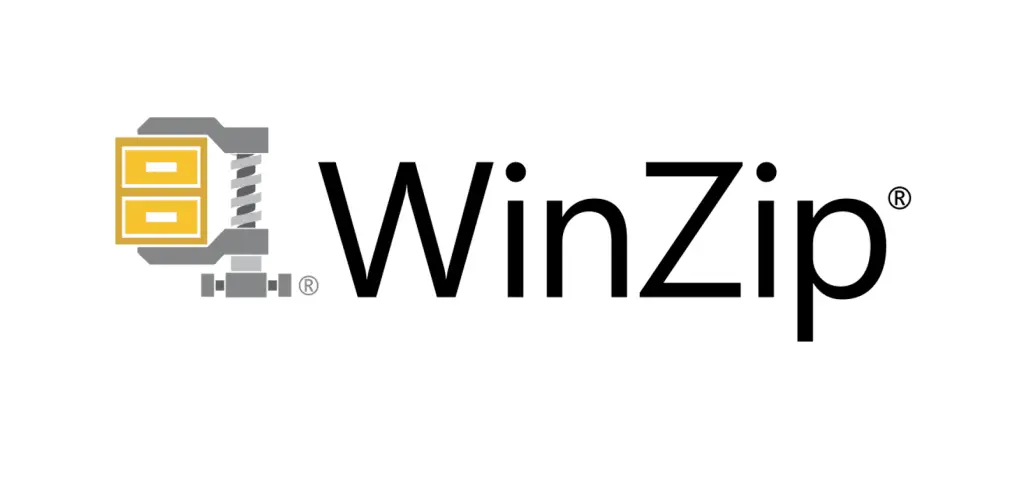
Cybersecurity researchers have uncovered a zero-day vulnerability in the widely used utility WinZip, which allows adversaries to bypass the Windows Mark-of-the-Web (MotW) security mechanism. The flaw affects all versions up to and including 29.0, and enables the stealthy execution of malicious code on a victim’s system without triggering any warnings from the operating system.
The MotW feature automatically tags files downloaded from the internet with metadata that prompts security alerts when the files are opened. However, in WinZip’s case, this tag is not preserved upon extraction. As a result, even dangerous documents containing embedded macros can be executed silently, as if they originated from a trusted source.
The attack scenario is alarmingly straightforward: an attacker creates a malicious file—such as a Word document with active macros—compresses it into a ZIP archive, and distributes it via phishing emails or compromised websites. Should a user extract this archive using WinZip, the file will evade Windows’ built-in defenses and may execute without any user notification.
The vulnerability, tracked as CVE-2025-33028, has been assigned a CVSS score of 7.8. Experts warn that the exploit requires minimal technical expertise to deploy, and its consequences may include arbitrary code execution, privilege escalation, and data exfiltration.
What makes the discovery particularly concerning is that this flaw appears to be a partially patched variant of an earlier vulnerability—CVE-2024-8811—highlighting persistent security shortcomings in the handling of archive files. Similar issues have recently been found in other archiving tools: CVE-2025-0411 in 7-Zip and CVE-2025-31334 in WinRAR also permitted the circumvention of Mark-of-the-Web protections.
At the time of writing, no security update has yet been released for WinZip. In the interim, users are strongly advised to exercise heightened caution when opening archives from untrusted sources. It is recommended to use alternative archiving software that correctly retains MotW metadata, ensure extracted files are scanned with antivirus software, and disable macro autoloading in office applications.
For enterprise environments, additional safeguards should be considered—such as restricting the execution of newly extracted files until they undergo further inspection. This incident underscores how seemingly mundane actions, like handling archive files, can become perilous in the absence of adequate protective mechanisms.
As vulnerabilities in archiving utilities continue to offer fertile ground for exploitation, the only reliable defense remains a combination of layered security strategies and vigilant digital hygiene when dealing with unfamiliar files.


